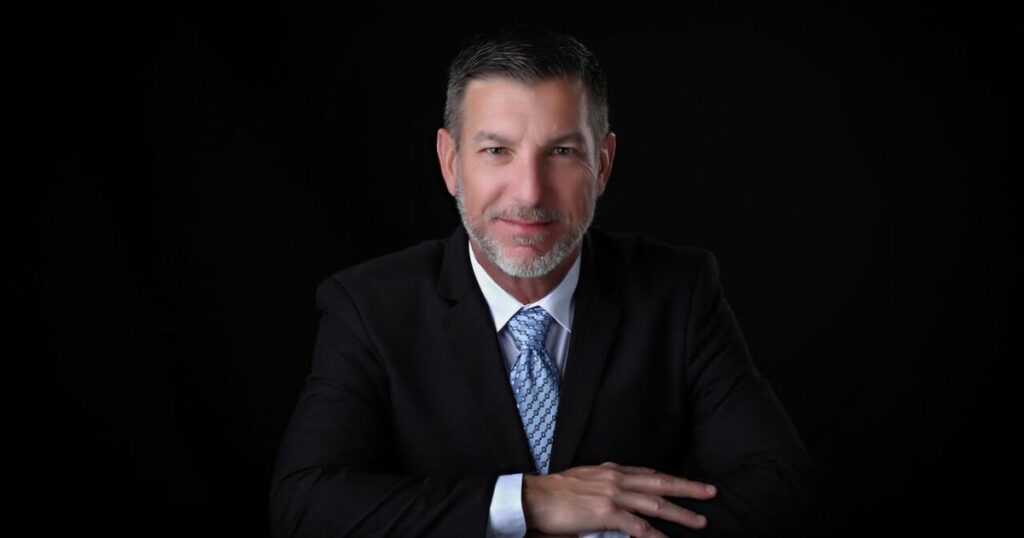Today’s Better Business Bureau brand harkens back to a bygone era, when customers knew their local pharmacist by name and Andy Griffith played the Mayberry sheriff on primetime television.
Michael Drummond, who became CEO of the Metairie-based New Orleans Metropolitan BBB in July, believes there is still a need for a watchdog that rates local businesses based on customer ratings, even in the age of Yelp and countless other online review sites.
The organization grew out of the false advertising scandals of the early 20th century and the movement for greater corporate ethics and standards, especially in food and drug products. The BBB was founded in Boston in 1912 after a landmark lawsuit to cut Coca-Cola’s harmful stimulants. Samuel Dobbs, a company heir, came to faith and led the effort to create a watchdog group.
More than a century later, the challenges are different in a cyber-driven world. The core of BBB’s work remains its rating system, which rates companies from A+ to F based on 17 factors, including incident reporting. According to a Yale University survey, 70% of U.S. consumers still say they are more likely to do business with a company that displays the BBB mark.
Drummond ran BBB Central Florida in Orlando for 10 years before moving to Louisiana, and on this week’s Talking Business he talks about the differences between Orlando and New Orleans and why BBB needed to step up its digital strategy and offer additional services to stay relevant to 21st-century consumers.
The interview has been edited for length and clarity.
You came to the New Orleans metropolitan area from Orlando a few months ago, how do you compare the business communities in the two metropolitan areas so far?
The main difference is that Orlando is a much newer city than New Orleans. Without the Mouse, it would have been a swamp with a military base. Disney changed everything in the 70’s and now it has a metropolitan area of over 2.5 million people and over 8 million people in Central Florida. The area we cover in New Orleans and southeast Louisiana is hundreds of years old and many of the businesses have very deep roots.
What are the priorities for the BBB in the New Orleans area?
Our No. 1 priority is growing our membership. In Orlando, we grew our membership from about 2,000 companies to over 6,000. We have a similar starting point here: going out and meeting with business groups, trade associations like plumbers, and explaining the benefits of being part of the standards community.
The organization has changed a lot since you joined over a decade ago, especially after controversy over the ratings system and how it may have favored companies that paid dues to become members. What have been the biggest changes?
The biggest change has been in technology and the way we communicate. For example, one of our most popular features, Scam Tracker, has remained popular since we introduced it in 2015 and updated it a few years ago. The feature now gets millions of page views every month and generated 65,000 scam reports last year. The feature is supported by some of our largest members, including Amazon and Capital One.
What types of fraud have they helped eradicate?
Well, generally it’s phishing scams, but last year there was a surge in process server scams, where scammers call you and claim to have some kind of fake legal problem in order to get your personal information and data.
What other services does the BBB offer that differentiate it from other watchdog and business rating agencies?
Our certified corporate mediation and arbitration services are unique to us. This is dispute resolution between consumers and businesses. We usually have retired judges who will hear both sides of the dispute, by mutual agreement, and either seek a negotiated resolution or award a binding settlement if previously agreed.



